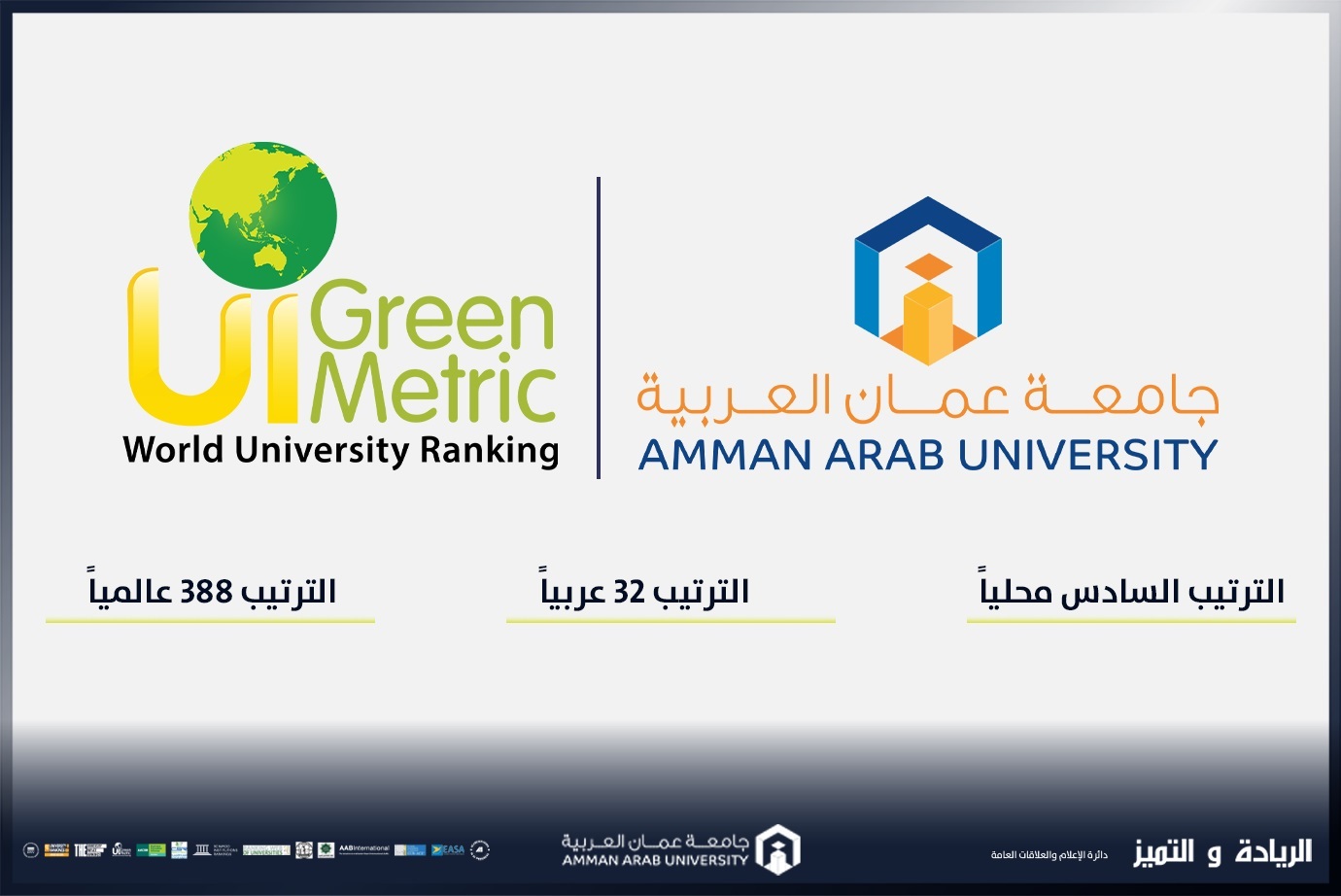Language of Instruction Postgraduate Programs as a Model
By: Prof. Dr. Younes Megdadi - AAU
A few decades ago, Jordanian universities witnessed a quantitative and qualitative development towards the development of academic programs, especially postgraduate programs, such as higher diplomas, masters, and doctorates for some universities to enable them to carry out their academic and educational mission towards society and at the same time fulfill the needs of the local and regional market with competencies capable of adapting to the requirements of society and labor market aspirations.
The process of establishing new academic programs in postgraduate studies, as everyone knows, is governed by a set of controls and conditions aimed at producing distinguished educational outcomes, both in terms of knowledge and application. We have noticed that some programs, and for the purposes of approving their development, were conditioned on that the plans of those study programs and the language of instruction in them be in English, not to mention the connection of those programs in the sea of global scientific and technological development, which we find clearly via the internet and scientific search engines because English is the scientifically spoken language and globally, including, but not limited to, medical, pharmacy, engineering, agricultural, energy, business, information technology, computer...etc.
Accordingly, we believe that this condition was originally intended to achieve distinction for graduates of these programs due to the importance of the English language for their personal, career and academic future. But we believe that the condition of the language of instruction in the creation process is not effective, but rather the sufficiency of the national proficiency exam for graduate students, which many interested people consider insufficient as it is a general and non-specialized exam and does not increase their scientific interaction and evidence is many, not to mention the exclusion of universities and students in light of what is happening in The world of scientific developments related to these programs, although we agree that there is a general weakness in the English language for graduate students, but this does not prevent this language from being added to the educational process due to its importance.
Interested in academic affairs believe that the necessity of the language of instruction for postgraduate programs has become a requirement that must be taken care of as an entrance to improve the level and quality of the outputs of those programs to show the character of excellence and competitiveness on the abilities of its graduates, considering the English language as an added value that raises the level of effectiveness of the educational and learning process with all its components, and this is what I realized Some university administrations, faculty members and observers are within firm convictions of the importance of English as a language of instruction for a number of their academic programs to enable them to keep pace with global scientific and technical development. Hence, we see that the English language has become a priority as a linguistic medium in line with the latest developments in scientific and academic developments and interaction with them in order to benefit from them based on the competition between universities locally, regionally and internationally.







